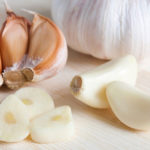1 Bread
Storing bread in the refrigerator accelerates the starch crystallization process, making it hard and susceptible to absorbing moisture from the fridge, resulting in a soft and soggy texture. The unpleasant odors in the fridge can also permeate the bread, creating an unfavorable environment for bacterial growth, which can have adverse effects on your health.
Instead of refrigerating, wrap bread in newspaper and store it away from direct sunlight. It’s best to slice bread just before consumption rather than pre-cutting it.
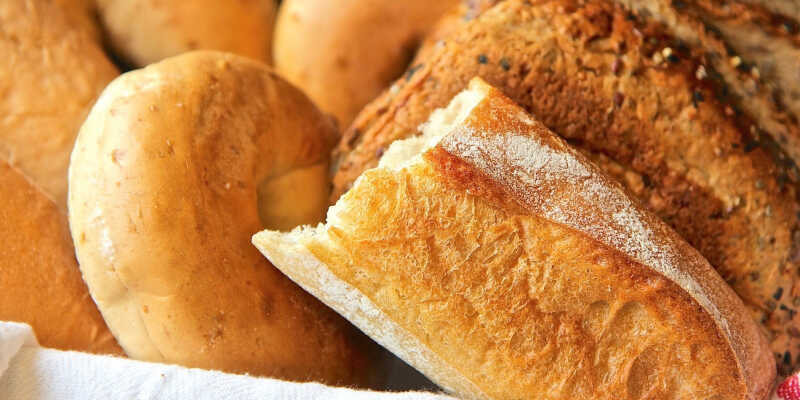 Bread
Bread
2 Onions and Shallots
Storing onions and shallots in the refrigerator exposes them to excessive moisture, leading to mold and spoilage. Onions already have a strong and pungent odor, which becomes even more unpleasant when they start to rot.
Not only do spoiled onions emit a foul smell, but they can also affect the flavor of other foods in the fridge. Additionally, rotten onions become breeding grounds for mold and bacteria. In the cold environment, these microorganisms proliferate rapidly and can contaminate other foods, posing health risks.
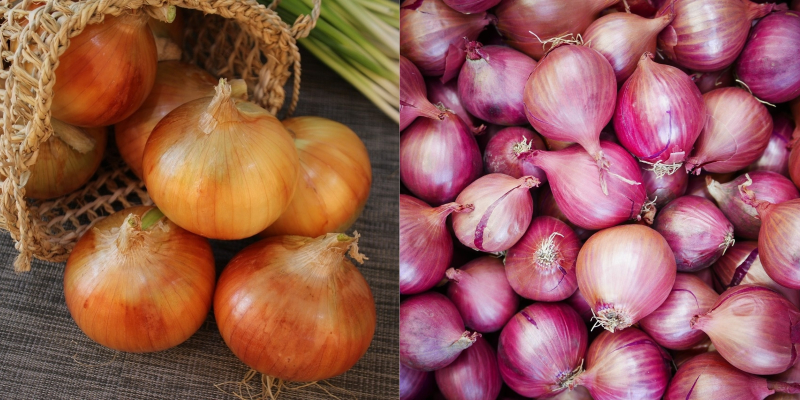
3 Garlic
Similar to other spices like ginger, chili, and shallots, garlic is highly sensitive to low-temperature environments. Storing garlic in the fridge promotes mold growth and makes it unusable. Instead of keeping it in the cool compartment, it’s best to store garlic in a dry and well-ventilated area to prolong its shelf life.
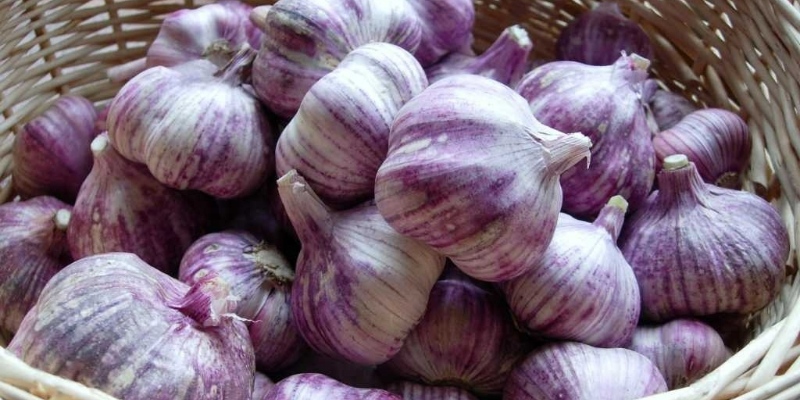
4 Coffee
Whether in bean or ground form, coffee should not be stored in the refrigerator. Coffee is highly absorbent and can easily pick up odors from other foods. When stored in the fridge, it loses its original aroma and may absorb unwanted flavors. Additionally, the cold temperature can cause coffee to lose moisture, impacting its taste.
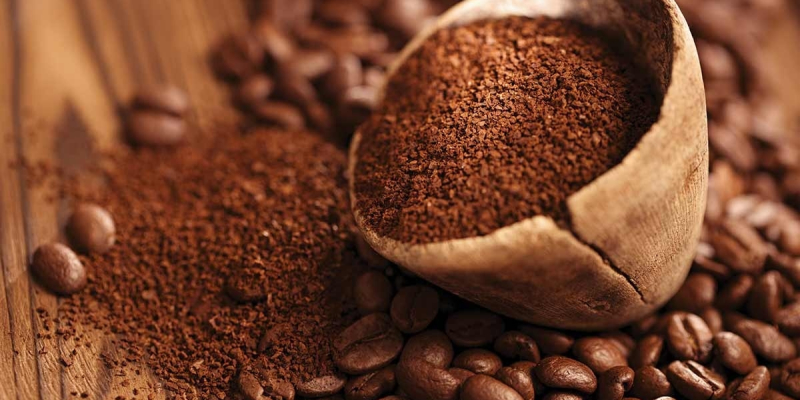
5 Olive Oil
The cold temperature of the refrigerator causes olive oil to solidify, making it difficult to use. When removed from the fridge, the oil needs to be brought back to room temperature before use, which is inconvenient and time-consuming. The best way to store olive oil is to keep it in a cool, dry place, away from direct sunlight.

6 Honey
Honey is a natural product that can be stored at room temperature for years without the need for refrigeration. Temperature fluctuations between the environment and the fridge can cause the honey to deteriorate, change color, and crystallize, making it difficult to use.
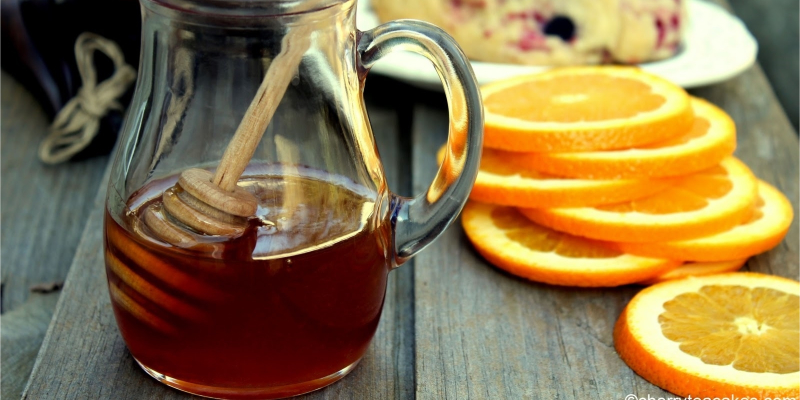
These are the foods that should never be stored in the refrigerator. Take note to avoid incorrect food storage practices. Additionally, you can utilize to keep your food fresh.
Source: vnexpress.net
How to Effectively Treat Fishbone Issues at Home
Everyone loves feasting on the deliciousness of fish during the holidays. But, unfortunately, choking on fish bones is an unavoidable issue that may lead to devastating consequences if left unattended for a prolonged period. Let’s see how Dien May Xanh can help us out when fish bones get stuck in our throat.
How to Make Smart Choices When Selecting a Drinking Glass for Better Health
From morning cups of coffee to an afternoon soda, cups are a staple in many people’s lives. But, with the variety of cup materials available—including glass, porcelain, plastic, and paper—it’s important to understand the potential health risks associated with not choosing the correct cup for the job.


























